Board Games, Video Games, And You
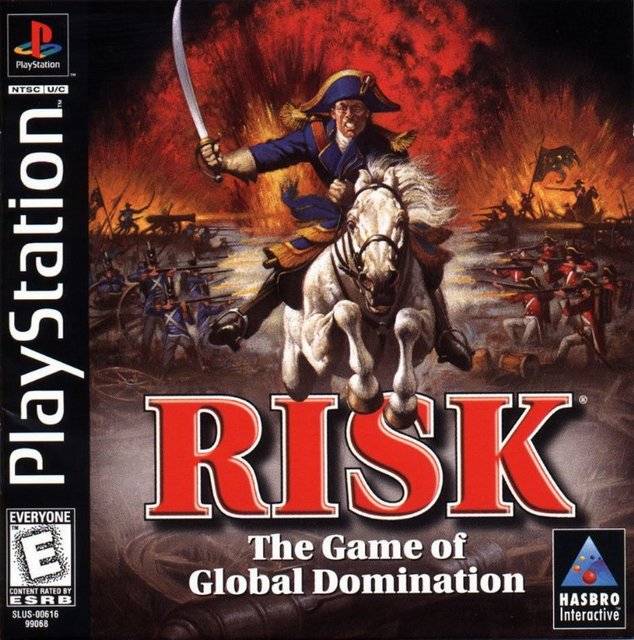
Cry Havoc And Let Slip The Boards of War!
Is there any more blatant case of setting development to 'easy mode' than licensing a game someone else already made? Chess programs have been selling people on the idea of home computers since the 1970s, every version of Windows ships with Solitaire built in, and casino/gambling sims have always enjoyed a robust market among would-be high-rollers who’ve never set foot on the Vegas strip. Grabbing the rights to a board game is the ultimate no-brainer. Whether you’re porting the most complicated Avalon Hill title or Candy Land, another somebody (or several somebodies) took care of all the heavy lifting when it came to writing up the base rules, unit balance, playtesting, and all the other stuff companies have to go through when they create a new IP. License a board game though and you've bypassed roughly 90% of the workload you'd otherwise face. This is as close to real-life cheat codes as most developers will ever get, so it's no surprise we see video versions of games like Risk, Life, and Scrabble for every platform imaginable.
By contrast, let’s say you license something non-game related, like a movie or cartoon. Going that route means you still have to work out the logistics of what type of game you’re going to make, how the characters interact with their world, and at least a half-assed story to justify a customer playing your game instead of watching the source material. Unique board games rarely debut in the digital realm because it’s much more cost-effective to pay Parker Bros. a few bucks to release another copy of Monopoly into the wild.

Mobygames.com lists thirty-six different incarnations of this game alone, spread out over fifty systems. Don't tell me that happened by accident.
Digital board-gaming naysayers pull out a litany of arguments against this perceived desecration of their hobby. Board games are inherently social after all, and it’s hard to think of anything sadder than somebody playing Monopoly by himself. Then there’s the fun that comes with the tactile interaction. Clicking your mouse to generate a random number between 2 and 12 is nowhere near as entertaining as picking up a pair of six-siders and sending them clattering across the table. Passing money around, swapping equipment, forming alliances only to shatter them later when it suits your nefarious plans for world domination–digital games sacrifice these things and more upon the altar of convenience.
But that altar of convenience is pretty damn big, and it brings its own pros to counter the nay-saying purists. Think about how hard it can be, especially as adults, to gather three or four friends together in the same place at the same time for a few hours. Heck, just setting up the board so you can start playing can be a time sink. Passing out money at the start of The Game of Life only takes a few minutes, but setting up Axis & Allies is a full-fledged game by itself. There's something to be said for making the computer do all the work in that case.
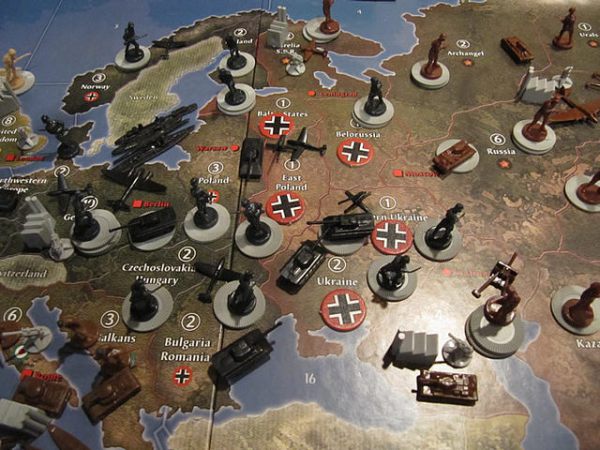
And that’s all before we get into the online age. Today’s versions of digital board games come with robust online support, and even in a pre-internet world these games offered multi-player options beyond that of just the CPU. Going back to Risk on the Sega Genesis/Mega Drive, we see six-player simultaneous support, in any mixture of CPU and flesh-and-blood human competitors desired. You can literally sit back and watch the machine control every color if that's what you're in the mood to do.
Monopoly on the NES lets you face up to seven additional opponents. Axis & Allies for the PC has the computer run any of the five different factions that don’t have a human commander. Diplomacy, a board game requiring seven people willing to pretend they aren’t going to screw one another over when it’s convenient, screamed for a version with computerized adversaries if for no other reason than to preserve otherwise fragile real-life friendships so they can later be ruined by political postings on Facebook.
That’s not to say digital board games are without their down-sides. Part of the fun inherent in getting people together is the amount of trash-talking, nay-saying, and high-fiving which goes hand-in-hand with any competitive environment. While staid games such as Chess and Go don’t normally provoke this behavior, there’s nothing like taking a five-minute recess to create a temporary alliance in an effort to knock the current champion down a peg or two.
Digital games are also at the mercy and limits of their programmers. If you have a favorite house rule or two for a particular game, chances are it won’t be available. The NES version of Monopoly, for instance, won’t let you earn money off Free Parking because (believe it or not) that’s not anywhere in the official rules. Depending on player skill levels and the game in question, you might want to handicap one or more people to make a match more even. Chess games commonly let you spot pieces to an opponent in this fashion, but if you have a house rule saying nobody can attack until after the first full turn around the board in Panzer Blitz or Fortress America, you better be playing with all human players, because the CPU will honor that restriction the way politicians honor campaign promises.
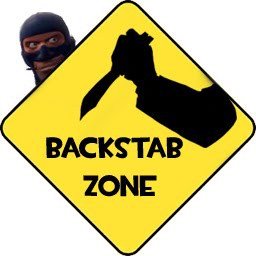
Then there’s the question of expansion (when this is possible or practical). Clue and Scrabble aren’t terribly ripe for new scenarios, but more complex games like Avalon Hill’s Squad Leader or Games Workshop's various Warhammer scenarios have been supported for years with mission set-ups, unit layouts, and victory conditions (official and otherwise) to simulate virtually every military engagement in the history books. Unless the company doing the port is truly dedicated to offering things like unit editors and scenario builders (and the company they’re licensing from allows them the time and lattitude), you’re going to be stuck playing the vanilla version of your favorite game every time you boot it up. That’s assuming you get a competent port in the first place…the aforementioned Squad Leader from Random Games and published by Microprose in 2000 wasn’t an adaptation of the board game at all, but rather a facelift to a game they made three years earlier called Soldiers of War. There’s probably a reason Random Games shut down a year later, but I can’t put my finger on it.
As absurd as it may sound, games making the transition from digital to tabletop are also a thing. I’m the proud owner of several of these clunkers as a result of a syndrome known as “being a child in the 80’s”, and I can say the majority are a complete waste of time. A home board game based on Donkey Kong or Zaxxon makes as much sense as looking at a hornet’s nest and thinking, “I bet I could fit my dong in that.”

On the other hand, sometimes what seems absurd turns into an epic celebration of genius. Case and point, the guy who turned Doom 3, a fast-paced single-player FPS about killing literally everything, into a more calmly-paced but no less stressful multi-player board game where the space marines go head to head with a sadistic game master in a race to finish the custom-built level before all of them become demon chow. 'Complex' does not do this game justice with tons of models, dice to roll, stats to track, and rules to learn for both the marines and the player controlling the monsters, but get enough people together who know what they’re doing, there’s one hell (pardon the pun) of a Friday night to be had playing this sucker.
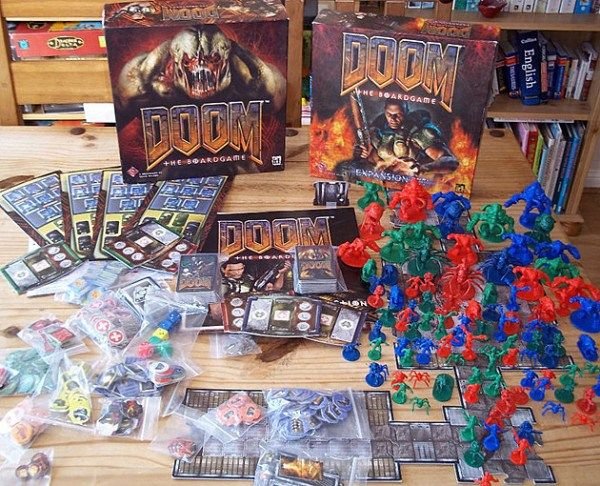
Parents looking to introduce their offspring to board games could do worse than picking up a copy of the Pac-Man board game, which features two large, plastic Ghosts, white and yellow marbles for ‘dots’, and special Pac-Man pieces which ‘eat’ the dots up as they travels around the board. As an adult, this is entertaining for about ten minutes–as a kid, I spent hours sprawled out on the floor playing this with neighborhood friends, my grandparents, and anyone else I could get to join me.
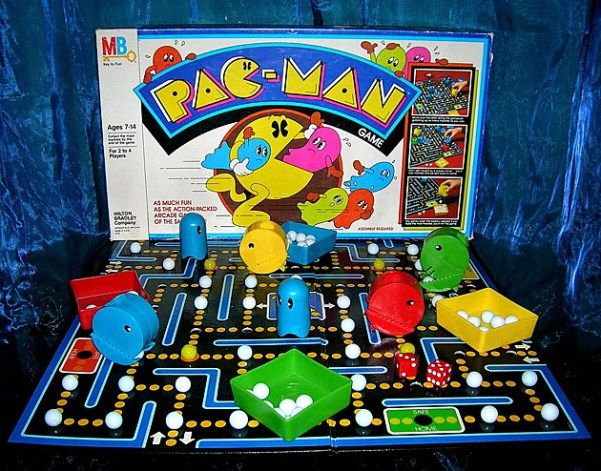
So what’s the final word on digital board games? Hell if I know. People will keep making them as long as other people keep buying them, but I’m of the opinion you should always investigate something that looks promising. At this point in my life, it’s far easier to throw Risk into my PS1 than it is to find five other people willing to face death at the tip of my sword, and at least the CPU doesn’t just turtle up in Australia like a little bitch when I’m kicking its ass, @triverse!